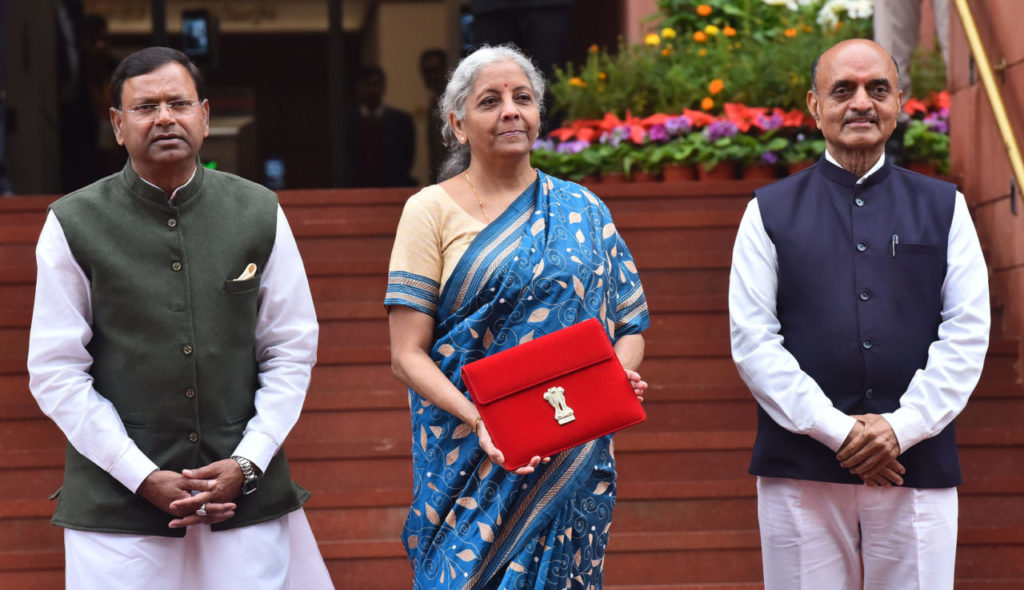
The Indian government has announced incentives for rooftop solar in its Interim Budget 2024-2025, offering ten million households the opportunity to obtain free solar electricity every month.
Indian finance minister Nirmala Sitharaman proposed that free 300kWh of electricity will be provided to ten million households in India every month under the rooftop solar plan. Under the plan, the beneficiaries can save up to INR18,000 (US$216.7) from free electricity and selling the surplus to the distribution companies.
Try Premium for just $1
- Full premium access for the first month at only $1
- Converts to an annual rate after 30 days unless cancelled
- Cancel anytime during the trial period
Premium Benefits
- Expert industry analysis and interviews
- Digital access to PV Tech Power journal
- Exclusive event discounts
Or get the full Premium subscription right away
Or continue reading this article for free
In addition to rooftop solar, the Indian government also allocated INR8,500 crores (US$1.1 billion) to the country’s grid sector for the fiscal year 2024-2025, up from INR4,970 crores (US$663.5 million) in the previous fiscal year.
For the upcoming financial year, the Indian government increased its allocation of resources to the Ministry of New and Renewable Energy (MNRE) by 25.7%.
The Indian government also announced several measures to help reach its renewable power targets, including viability gap funding for 1GW of offshore wind capacity and supporting electric vehicle (EV) manufacturing and charging infrastructure. Sitharaman said the measures will help meet the Indian government’s commitment to net zero by 2070.
Previously, PV Tech reported that India’s residential rooftop solar potential could reach 32GW with subsidy from the MNRE. Indian policy research institute CEEW’s study, ‘Mapping India’s Residential Rooftop Solar Potential’, stated that there is about 118GW of economic potential in residential rooftop solar in India with a condition of restricting rooftop solar size to meet households’ electricity demand.
However, based on consumer willingness to pay and payback in a five-year period, the market potential in residential solar is thought to be just 11GW, with no capital subsidy involved. Currently, India has installed 11GW of rooftop solar capacity, including commercial and residential installations, of which only 2.7 GW is in the residential sector.






